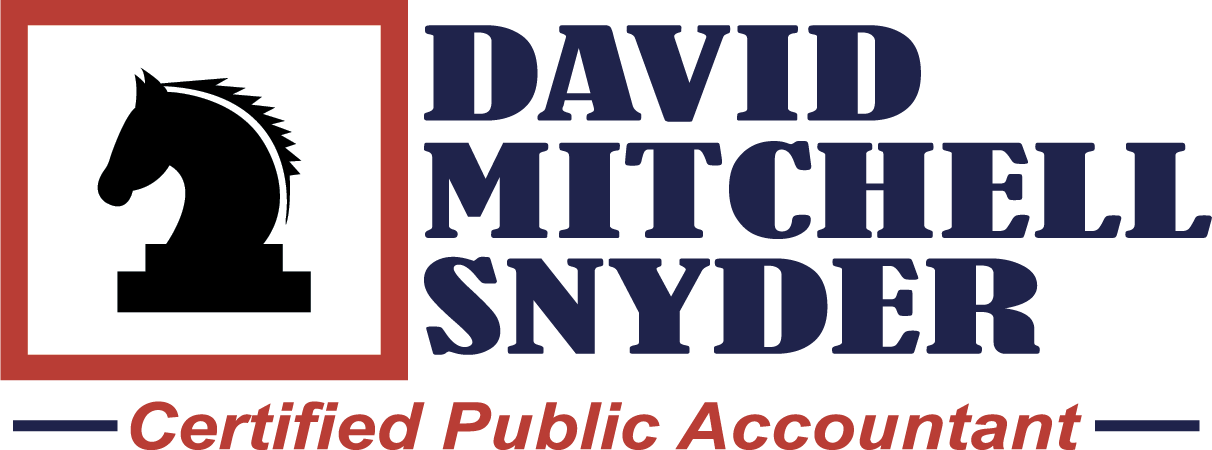3 Small Business Taxation Treats

Section 179 Expensing – Who doesn’t want to deduct the full cost of their assets in the year of purchase? Almost no one. Section 179 expensing provides taxpayers with options. Who doesn’t like choices?
The section 179 limitation has been increased to $1,000,000 for tax years beginning after 2017. Section 179 expensing has been expanded to include all leasehold improvements made to the interior portion of a nonresidential rental property after the building has been placed in service. In addition to the preceding interior improvements the following improvements are available for immediate expensing:
- Roofs
- Heating, ventilation, and air-conditioning property
- Fire protections and alarm systems, and
- Security systems
Bonus Depreciation – Now for the bonus round. If Section 179 expensing doesn’t’ work for you there is the new and improved bonus depreciation.
- Bonus depreciation has been increased to 100% through 2022.
- The asset no longer must be new to qualify for bonus depreciation.
- Computer software is now included.
- Leasehold improvements made to the interior portion of a nonresidential rental property after the building has been placed in service.
Cash Accounting – Under the cash basis of accounting, taxpayers can defer income until the cash from the income is received. To some extent, expenses can be controlled by writing checks for them in the year most benefited by the deduction. Most businesses would prefer to report their taxable income on the cash basis, but not every business can.
Small businesses that can use cash accounting include those that:
- Meet the $1 million average revenue test.
- Have more than $1 million in sales and meet the service business and the material income producing factor tests. (For C corporations the sales must not exceed $5M).
- Are C corporations that are also qualified personal service businesses
